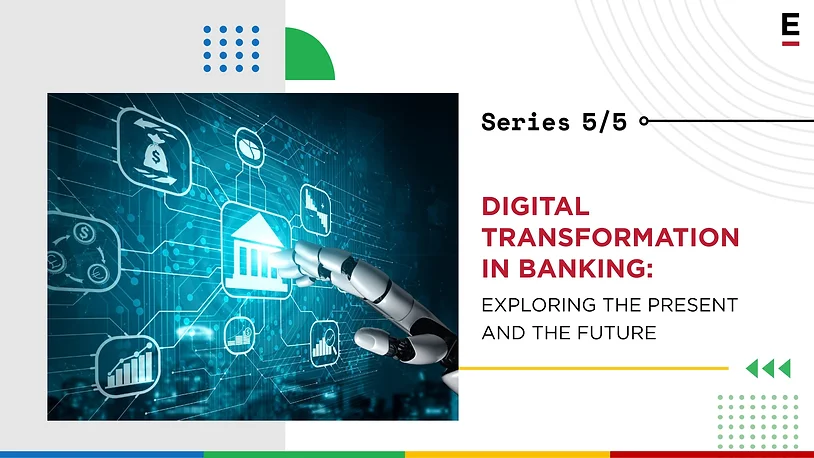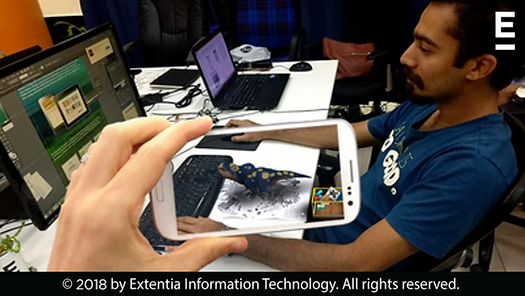Digital transformation in the Banking, Financial Services, and Insurance (BFSI) sector is propelled by technological advancements, evolving customer expectations, regulatory changes, and competitive pressures. Organizations must navigate these dynamics in an ever-evolving landscape to remain relevant and capitalize on opportunities.
Digital transformation is a global phenomenon, with regions experiencing various levels of adoption and maturity. North America, particularly the United States, leads in technological innovation and digital banking adoption. Europe is experiencing substantial digital banking and payments growth, driven by regulatory initiatives like the Revised Payment Services Directive (PSD2) and Open Banking. Meanwhile, Asia Pacific, with its large population, rising smartphone penetration, and growing middle class, presents immense growth potential for digital transformation in the BFSI sector.
The ongoing digital transformation is not just about adopting innovative technologies; it is about reimagining banking experiences to meet the evolving needs of consumers. This shift is paving the way for a future where banking is more accessible, secure, and personalized than ever before.
Current Digital Banking Trends
Current trends in digital banking showcase how technology is already transforming the industry, making banking more accessible and efficient for customers worldwide.
Mobile and Online Banking
Mobile and online banking have become the norm, allowing customers to manage their finances anytime. With smartphones and high-speed internet rapidly expanding, banks are focusing on creating intuitive and user-friendly digital platforms. Features like mobile check deposits, real-time notifications, and personalized financial insights enhance the customer experience.
Artificial Intelligence and Machine Learning
Artificial Intelligence (AI) and Machine Learning (ML) are revolutionizing the banking sector. AI-powered chatbots offer 24/7 customer service, efficiently managing inquiries and transactions. ML algorithms analyze vast data to detect fraud, predict customer behavior, and provide personalized financial advice, improving operational efficiency and customer satisfaction.
We’re proud to present our latest report on Experience Design Trends in Fintech for 2024. Our extensive research highlights how AI and digital transformation are driving user experiences as customers increasingly rely on Fintech solutions in their day-to-day interactions. Discover more, here!
Blockchain and Cryptocurrencies
Blockchain technology transforms the banking industry by providing enhanced security, transparency, and efficiency. Cryptocurrencies, though still nascent, are gaining acceptance as legitimate financial instruments. Banks are exploring blockchain for secure transactions, smart contracts, and cross-border payments, reducing the need for intermediaries and lowering costs.
Open Banking
Open banking initiatives are promoting innovation and competition in the financial sector. By allowing third-party developers to access financial data through APIs (Application Programming Interfaces), open banking enables the creation of new financial services and products. This collaborative approach is leading to a more diverse and customer-centric banking ecosystem.
Cybersecurity Enhancements
As digital banking grows, so does the need for robust cybersecurity measures. Banks invest in advanced security technologies like biometric authentication, encryption, and multi-factor authentication to protect sensitive customer data. Continuous monitoring and proactive threat detection are essential to safeguard against cyber threats.
Future of Digital Banking
Looking ahead, the future of digital banking promises even more exciting innovations that will further transform the industry, offering enhanced personalization, security, and convenience.
Hyper-Personalization
The future of banking will be characterized by hyper-personalization, where banks leverage data analytics and AI to offer tailored financial products and services. Personalized financial advice, customized loan offers, and spending insights will help customers make informed financial decisions, greatly enhancing their banking experience.
Voice and Chatbot Banking
Voice banking and AI-driven chatbots will become more sophisticated, enabling seamless, conversational interactions with banking systems. Customers can perform transactions, get account updates, and receive financial advice via voice commands, making banking more convenient and accessible.
Decentralized Finance (DeFi)
Decentralized Finance (DeFi) is set to disrupt traditional banking by providing financial services through decentralized platforms built on blockchain technology. DeFi eliminates intermediaries, offering services like lending, borrowing, and trading directly to users. This approach enhances transparency, reduces costs, and promotes financial inclusion.
Advanced Data Analytics
Advanced data analytics will play a crucial role in the future of banking. Banks will harness big data to gain deeper insights into customer behavior, identify trends, and optimize operations. Predictive analytics will enable proactive customer engagement, risk management, and fraud detection, ensuring a more secure and efficient banking environment.
Integration of the Internet of Things (IoT)
Integrating Internet of Things (IoT) devices will open new possibilities for banking services. Smart devices connected to the internet enable real-time financial tracking, automated savings, and seamless payments. For instance, smart refrigerators could automatically order groceries and make payments, while wearable devices could track spending habits and offer budgeting tips.
To summarize, the digital transformation in the BFSI market is a transformative journey driven by technological advancements, changing customer expectations, and regulatory developments. It offers numerous benefits, including enhanced customer experience, improved operational efficiency, expanded market reach, and data-driven insights. While legacy systems, security concerns, and resistance to change exist, organizations that successfully navigate these challenges and embrace digital transformation will be well-positioned for future growth and success.
As this series on digital transformation in banking ends, it is evident that the future of the BFSI market will be shaped by ongoing innovation, collaboration, and the integration of emerging technologies. This continuous evolution will create a more connected, efficient, and customer-centric financial ecosystem, ensuring that banks remain competitive and relevant in the digital age.




